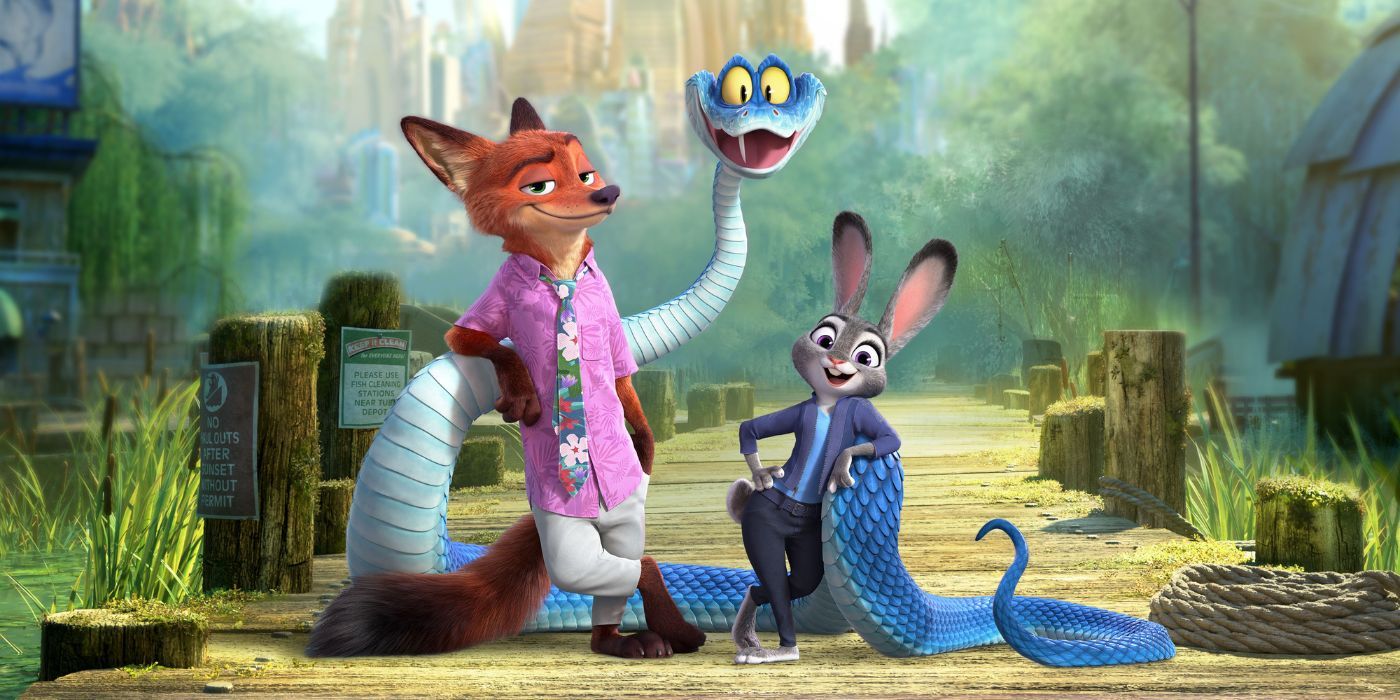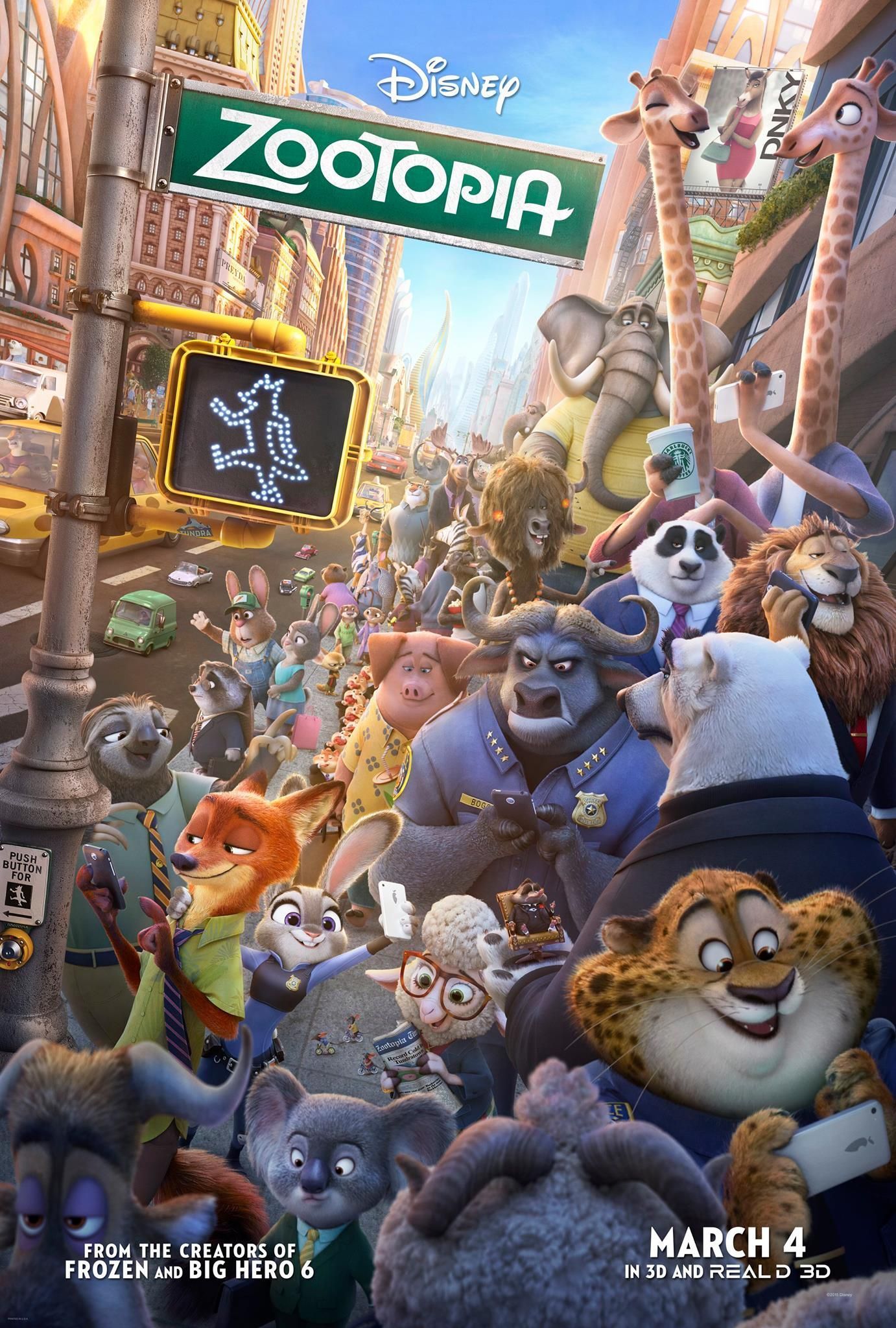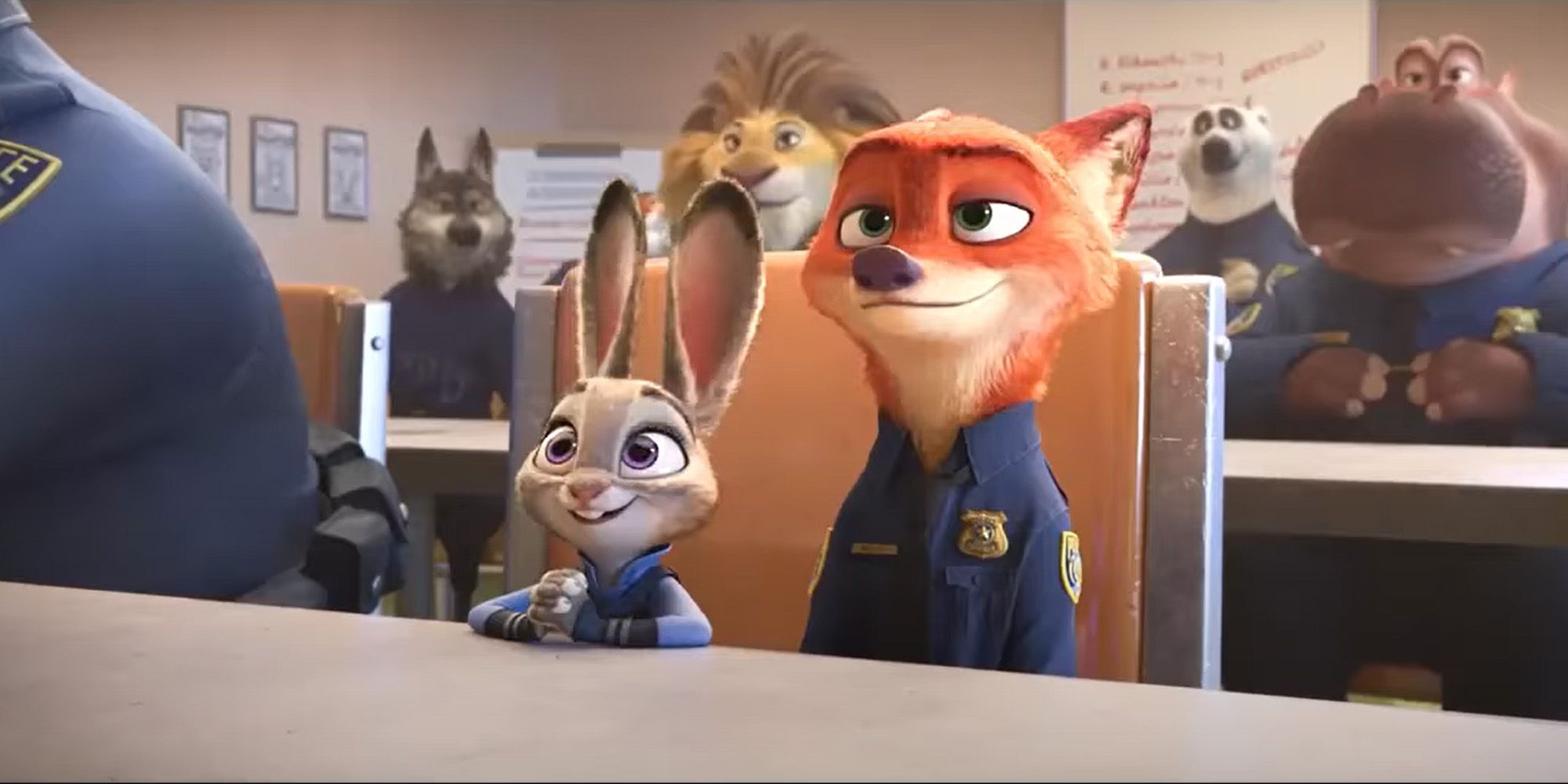Hot off the success of her two-time Oscar-nominated film Past Lives (2023), Celine Song is making waves and reigniting the demand for romantic films with her latest feature, Materialists (2025). While the playwright and screenwriter may be becoming known for romances, her favorite movie may raise some eyebrows. One would certainly not expect a colorful, family-friendly Disney movie populated by talking animals?
Speaking to The New Yorker in a video interview, Celine Song might have raised a few eyebrows when she named Zootopia (2016) as her favorite movie! “…If you ask me, what is the last movie you want to watch in a movie theater in your life? I would always say ‘Zootopia’.” While the New York-based director cited the difficulty in picking a single favorite film or TV show, mentioning Max’s House of the Dragons at the top of her list, the Academy Award-winning animated movie made an affecting impression on Song for its inspiring storyline that is far more than just kids’ entertainment.
‘Zootopia’ Is a Movie for Dreamers Living in a Prejudiced World
Directed by Byron Howard and Rich Moore, Zootopia arrived at a time when conversations about race, gender, and inequality were reaching a fever pitch in the mainstream. At first glance, it looks like a classic, buddy comedy: Judy Hopps (Ginnifer Goodwin), a big-dreamer bunny, teams up with Nick Wilde (Jason Bateman), a cynical fox, to solve a mystery in the sprawling city of Zootopia. But what unfolds is a tightly layered allegory, written by Jared Bush and Phil Johnston, about societal bias, self-belief, and what it means to dream in a world that doesn’t always make space for everyone.
At its heart, Zootopia is about aspiration and what it costs to achieve your dreams. As she pursues her career, Judy has to fight to be taken seriously in a world that sees her as small and incapable. From her childhood days in rural Bunnyburrow, where her parents discouraged her from aiming too high, to her first days on the Zootopia police force, where she’s relegated to parking duty, Judy’s journey mirrors that of anyone who’s ever dared to dream beyond what others expected of them.

Related
Jared Bush also teases what fans can expect from ‘Zootopia 2.’
The movie doesn’t sugarcoat that struggle. Judy isn’t immediately celebrated for chasing her biggest goal. The film demonstrates how exhausting it is to have to constantly prove yourself just to be seen, let alone respected. Judy’s size becomes a symbol of every underestimated person who’s told they’re “not cut out” for something simply because of who they are. Yet, she doesn’t give up. She pushes forward because she knows her dream is worth fighting for.
This powerful narrative resonates strongly with anyone who’s ever had to work twice as hard for half the recognition. It’s the story of resilience against a backdrop of quiet rejection, especially in the current state of modern society. In the end, however, Judy’s perseverance leads her to crack the city’s biggest criminal conspiracy proving that even when the system tries to overlook you, you need to believe in yourself. This is exactly why the deeper message of Zootopia hits harder for adults.
Celine Song Loves ‘Zootopia’ Because She Sees Herself in Judy Hopps
Viewers of all ages can easily see themselves mirrored in at least one character in Zootopia. For Celine Song, whose films like Past Lives and Materialists explore identity, displacement, and inner ambition through a personal lens, Zootopia reflects her own journey. “I always think of Zootopia as a bit of New York City, and I live there and I feel like I just maybe relate to that bunny just dreaming about something she believes in”, Song states to The New Yorker.
Song, a Korean-Canadian filmmaker who moved to New York to pursue her MFA in playwriting from Columbia University, shares a similar arc to Judy Hopps, Zooptopia‘s lead character. Like Judy, she arrived in a city full of towering figures and complex systems within a creative industry that is notoriously hard to break into, especially for women of color and immigrants. Judy’s wide-eyed optimism and unshakable resolve mirror the mindset required to survive in such spaces. More than that, Zootopia captures something intangible about being an outsider trying to make a home in a city that wasn’t made with you in mind. There’s that emotional moment when Judy steps off the train and first sees Zootopia in all its bustling, chaotic glory. For filmmakers and artists alike, that scene encapsulates the vulnerable thrill of chasing a dream in a giant city built on ambition.
If Judy represents hopeful ambition, Nick Wilde embodies jaded resignation — a fox who long ago stopped trying to be more than what the world saw him as. In a poignant flashback, we learn he was humiliated and held back as a child simply for wanting to join a scout troop. Nick’s arc is just as vital to the film’s emotional weight as Judy’s. But their partnership is what inspires both of them forward. Judy sees more in Nick than he sees in himself. And for Nick, believing in someone again — and being believed in — is the first step toward healing. By the end of Zootopia, Judy has transformed her city through compassion, courage, and conviction. In Judy Hopps, Song sees a true dreamer, a New Yorker, and someone who reminds her of her humble beginnings. And that’s why Zootopia is a film not just for kids, but for us all.




